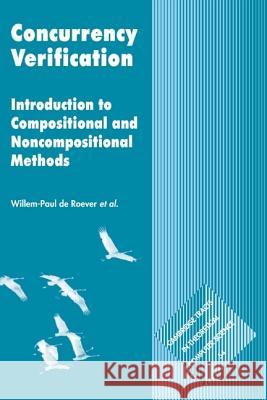Netherlands Yearbook of International Law: Volume 32, 2001 » książka
Netherlands Yearbook of International Law: Volume 32, 2001
ISBN-13: 9789067041553 / Angielski / Twarda / 2002 / 406 str.
The conclusion and adoption of the Statute of a permanent International 2 Criminal Coure (hereafter 'the Statute') in Rome in July 1998 represented a 3 turning point in the enforcement of legal norms regulating armed conflict. The establishment and functioning of the UN International Criminal Tribunals for 4 the former Yugoslavia and Rwanda represented an important first step in this area, and the work of these tribunals will prove of considerable importance to the interpretation and application by the ICC of the body of substantive law that it will apply. However, the separate treaty basis of establishment of the ICC means that it is clearly not part of the UN Organization which consists of the six principal organs specified in Article 7(1) of the Charter and their subsidiary organs. As such there is a very clear distinction in institutional terms between the ICC and the ICTY /lCTR that were both established by the UN Security Council as UN subsidiary organs pursuant to Chapter VII of the Charter. This differing basis of establishment raises the key issue of the nature of the relationship between the ICC and the UN. The provenance of the sources of law and obligation that governs the relationship between the ICC and the UN is twofold. First is the UN - ICC Relationship Agreement;5 while the second is the constituent treaties of the UN and the ICC, the UN Charter and the ICC Statute respectively.











